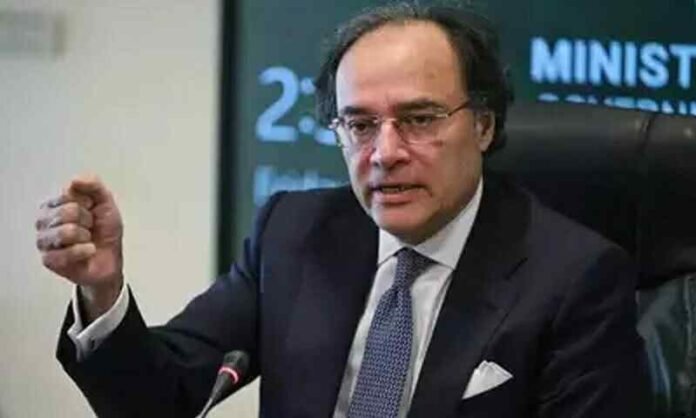Islamabad — Finance Minister Senator Muhammad Aurangzeb has assured leading textile manufacturers that the government is committed to addressing the industry’s long-standing challenges while pushing ahead with structural reforms to keep Pakistan’s exports competitive.
Aurangzeb met with a delegation of top textile and garment exporters on Thursday, including representatives from Nishat Chunian, Kohinoor Mills, Sapphire Group, Arshad Corporation, Fazal Cloth, Sadaqat Textiles, and Mahmood Group. Senior officials from the Finance Division and the Federal Board of Revenue (FBR) were also present.
Industry Voices Concerns and Opportunities
Executives highlighted both the sector’s growth potential and the hurdles undermining its competitiveness. Pakistan’s textile industry accounts for the bulk of national exports and remains a major source of employment, but energy costs, inconsistent policies, and complex taxation have hampered long-term planning and expansion.
Aurangzeb’s Response: Reform with Continuity
The finance minister acknowledged textiles as the backbone of Pakistan’s export economy and emphasized that reforms under way are aimed at removing bottlenecks, broadening the tax base, and aligning fiscal measures with industrial needs. He noted that the relocation of the Tax Policy Office to the Finance Division will help ensure consistency in policymaking — a key demand from exporters who often face abrupt shifts in tax and subsidy regimes.
Aurangzeb also said that the upcoming industrial policy will be designed to reflect market realities and industry expectations, signaling that the government wants to create a more predictable environment for investment and growth.
Structured Dialogue Promised
The minister assured industry leaders of regular engagement, stressing the importance of institutionalized feedback between the government and the private sector. “The textile sector will remain central to our economic strategy,” he told the delegation, reaffirming that boosting exports and supporting industrial growth remain top priorities.
Why This Matters
Pakistan has been struggling to grow its exports consistently, with the textile sector carrying most of the burden. Analysts say that without predictable policies and competitive energy tariffs, Pakistan risks losing ground to regional rivals like Bangladesh and Vietnam. Aurangzeb’s assurances may help calm investor concerns, but industry leaders will be watching closely to see whether promised reforms translate into action.

